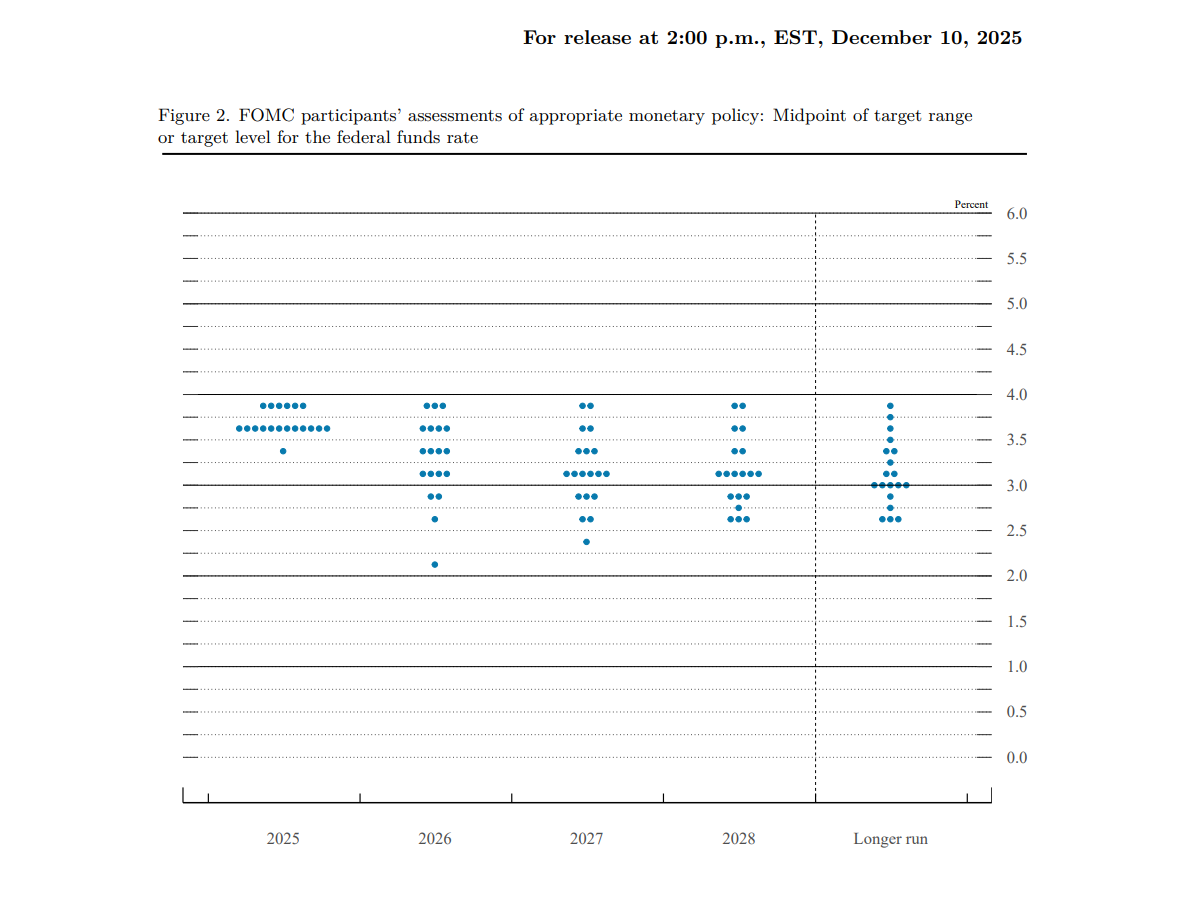Solana Developers Propose 100M Compute Unit Limit to Tackle Network Congestion
Solana’s core development team is preparing to significantly raise the network’s computational capacity with a new proposal. The Solana compute unit limit increase aims to meet the growing demands of high-performance decentralized applications (dApps).

In Brief
- Solana plans a 66% compute power boost to support high-demand DeFi and MEV use cases.
- SIMD-0286 aims to ease congestion, enabling complex, high-volume transactions per block.
- Validator upgrades will trigger the change, ensuring stable rollout across the Solana network.
Solana targets 66% boost in per-block compute power
Under a freshly introduced technical document, SIMD-0286, developers propose boosting the Solana network’s per-block compute unit (CU) limit from 60 million to 100 million. This Solana compute unit limit proposal represents a 66% expansion, which will allow more throughput, minimize congestion, and support developing use cases in decentralized finance (DeFi), restaking protocols, and networks of real-world assets.
Currently, each Solana block spans around 400 milliseconds. During this brief period, validators handle a defined number of compute units that determine how much work can be done. The proposed increase would enable more complex or higher-volume transactions to be processed per block.
Consequently, applications like order-book-based decentralized exchanges and maximal extractable value (MEV) platforms will have more room to operate without any limits from compute constraints.
Addressing Developer and Application Demands
The proposed Solana compute unit limit increase comes amid growing pressure from developers seeking more execution space. Since the last compute limit adjustment enabled by SIMD-0256 on July 23, the network has reached a sustained average of 1,700 transactions per second during peak traffic. Yet, emerging applications continue to strain block limits, particularly during NFT mints or DePIN protocol events.
Restaking infrastructure, which layers additional rewards and security mechanisms over existing stakes, has further intensified demand for compute headroom. Moreover, many DeFi builders require space for multi-step logic within a single transaction. By raising the limit to 100 million CUs, Solana developers aim to eliminate these bottlenecks and open the door to the next generation of applications.
Validator Readiness and Broader Ecosystem Context
The Solana compute unit limit increase is not immediate. Developers are already testing the update, which will be included in an upcoming software release.
Once validators upgrade and collectively adopt the new ceiling, the changes will automatically activate during a future epoch. This decentralized governance model ensures broad consensus and network stability during transitions.
Meanwhile, competing blockchains are also evolving. Ethereum recently implemented its Pectra hard fork to improve ephemeral data blob handling for rollups.
Disclaimer: The content of this article solely reflects the author's opinion and does not represent the platform in any capacity. This article is not intended to serve as a reference for making investment decisions.
You may also like
DiDi has become a digital banking giant in Latin America
DiDi has successfully transformed into a digital banking giant in Latin America by addressing the lack of local financial infrastructure, building an independent payment and credit system, and achieving a leap from a ride-hailing platform to a financial powerhouse. Summary generated by Mars AI. This summary was produced by the Mars AI model, and its accuracy and completeness are still being iteratively improved.

Fed rate cuts in conflict, but Bitcoin's "fragile zone" keeps BTC below $100,000
The Federal Reserve cut interest rates by 25 basis points, but the market interpreted the move as hawkish. Bitcoin is constrained by a structurally fragile range, making it difficult for the price to break through $100,000. Summary generated by Mars AI This summary was generated by the Mars AI model, and the accuracy and completeness of its content are still being iteratively updated.

Full text of the Federal Reserve decision: 25 basis point rate cut, purchase of $4 billion in Treasury bills within 30 days
The Federal Reserve cut interest rates by 25 basis points with a 9-3 vote. Two members supported keeping rates unchanged, while one supported a 50 basis point cut. In addition, the Federal Reserve has restarted bond purchases and will buy $40 billion in Treasury bills within 30 days to maintain adequate reserve supply.

HyENA officially launched: Perp DEX supported by Ethena and based on USDe collateral goes live on Hyperliquid
The launch of HyENA further expands the USDe ecosystem and brings institutional-grade margin efficiency to the on-chain perpetuals market.
